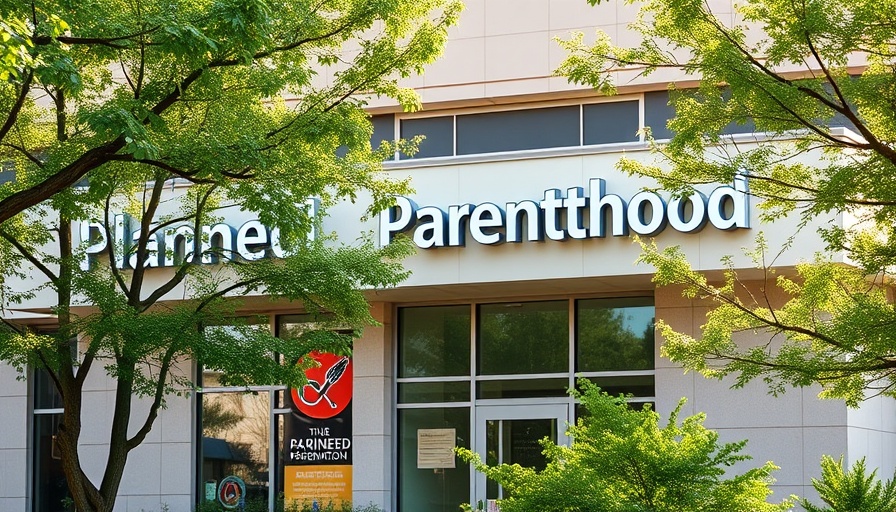
Impact on Community Health Services
The recent decision by a U.S. appeals court to allow the Trump administration to block Medicaid funding to Planned Parenthood brings to the forefront a critical issue affecting millions of low-income Americans who rely on these services. As the nation’s largest abortion provider, Planned Parenthood offers more than just reproductive health; they provide essential medical services including contraceptives, STD testing, and pregnancy tests. According to the organization, nearly half of their patients are dependent on Medicaid, and with the funding now at risk, the future for many health centers hangs in the balance.
Community Voices and Concerns
In the face of this ruling, community leaders are raising alarms about the potential closure of as many as 200 health centers across the country. Dominique Lee, President and CEO of Planned Parenthood League of Massachusetts, expressed concerns, stating that the fight for reproductive rights is far from over. “While the Trump administration wants to rip away reproductive freedom, we’re here to say loud and clear: we will not back down.” This sentiment is echoed by many in the community, who see these services as vital lifelines to safe health care.
The Broader Political Landscape
This ruling reflects a broader political agenda to reshape health policy in America. The provision embedded in Trump’s tax bill targeting abortion providers signals a shift in the way health care is funded and underscores the ongoing polarization in American politics. Critics argue that this policy not only threatens access to reproductive health care but could also have detrimental effects on public health overall. The dependency of several health services on Medicaid makes this a pressing issue that extends well beyond abortion rights.
Health Care in the Balance
The implications of this ruling are profound. More than 1.1 million patients may now find themselves unable to access vital services at Planned Parenthood health centers. This represents a significant challenge for both individuals seeking care and for the health care system at large. The consequences may ripple through communities already strained by a lack of accessible health options.
Local Reactions to the Ruling
Local reactions to the appeals court decision have varied, reflecting the diverse opinions held within communities. Supporters of Planned Parenthood are banding together to advocate for reproductive rights, organizing rallies and campaigns to raise awareness. Meanwhile, those in favor of the ruling cite the necessity of adhering to legislative mandates as a way of ensuring responsible use of taxpayer dollars. This divide highlights the ongoing conversation surrounding health care access, funding, and rights.
What Comes Next?
The court’s decision is not the final chapter in this ongoing saga. Planned Parenthood is poised to continue its legal battle against the Trump administration's efforts to defund them, and the outcome of future proceedings may reshape the landscape for reproductive health care across the nation. As these developments unfold, it will be crucial for communities to stay informed and engaged in advocacy efforts to support public health initiatives.
This situation emphasizes the importance of understanding how legislation can impact real lives, especially among vulnerable populations. For homeowners and individuals invested in the well-being of their communities, it’s vital to support health initiatives and advocate for accessible care. The ongoing struggle for reproductive rights is a grassroots effort that resonates personally; it is essential to understand where you stand and take action accordingly.
If you care about the impact of health care policy on your community and want to get involved, consider reaching out to local advocacy groups or attending town hall meetings to voice your concerns and support for affordable health care.
 Add Row
Add Row  Add
Add 



Write A Comment